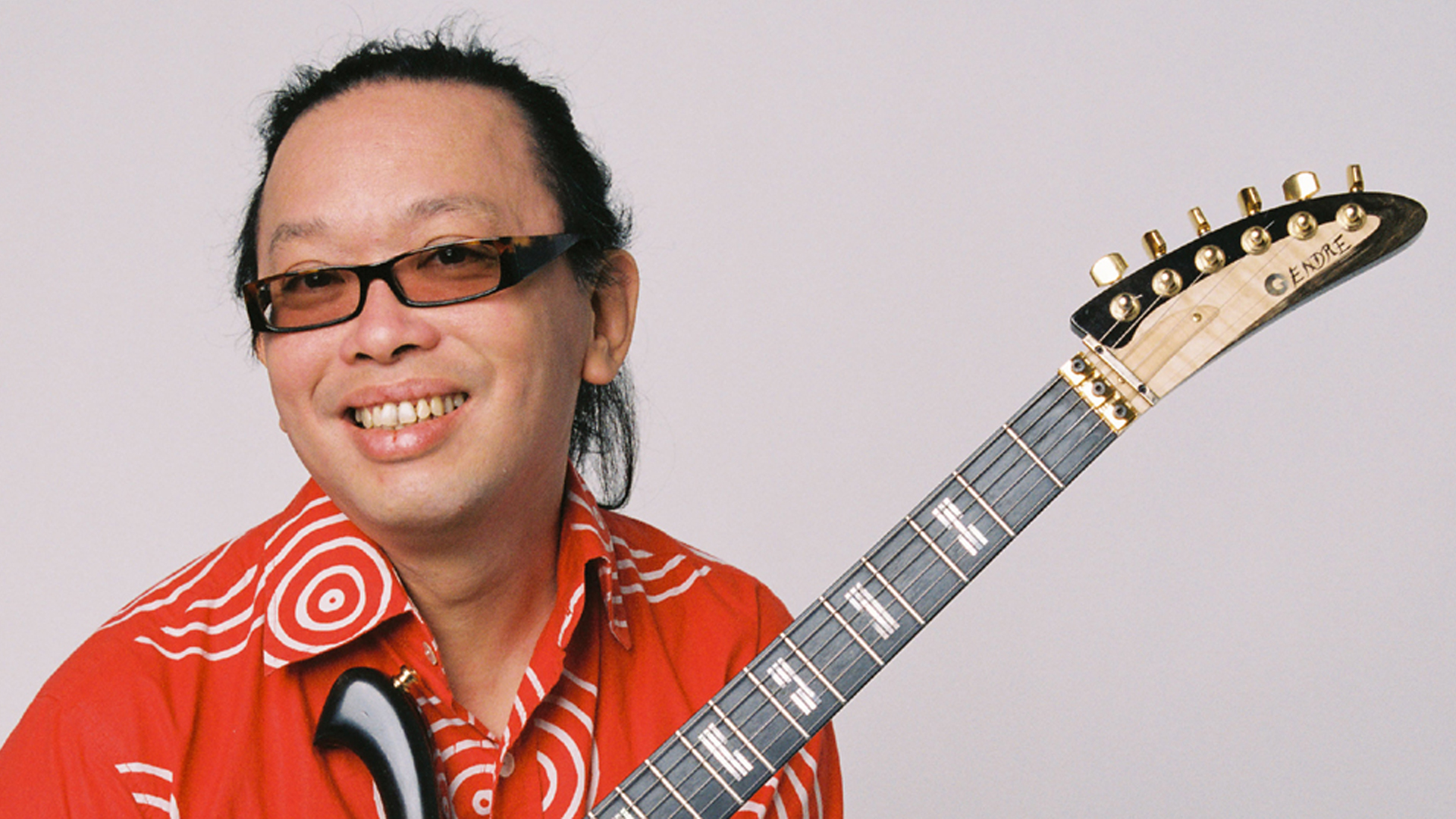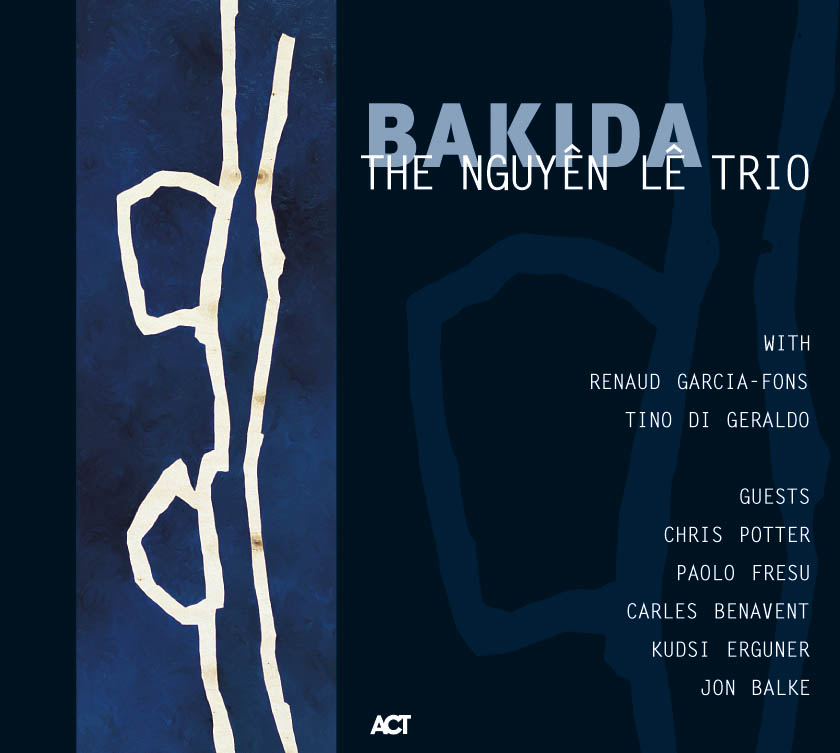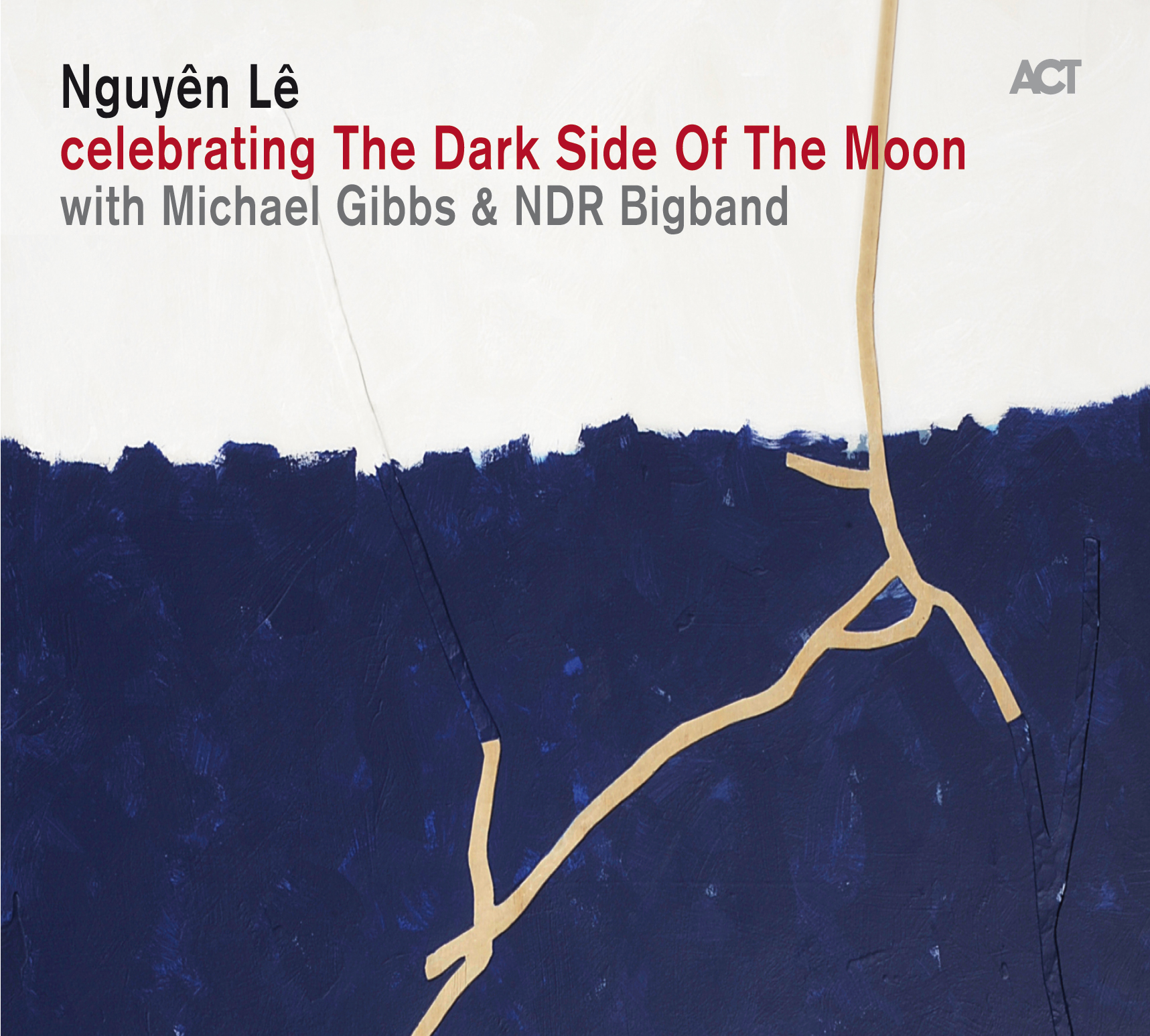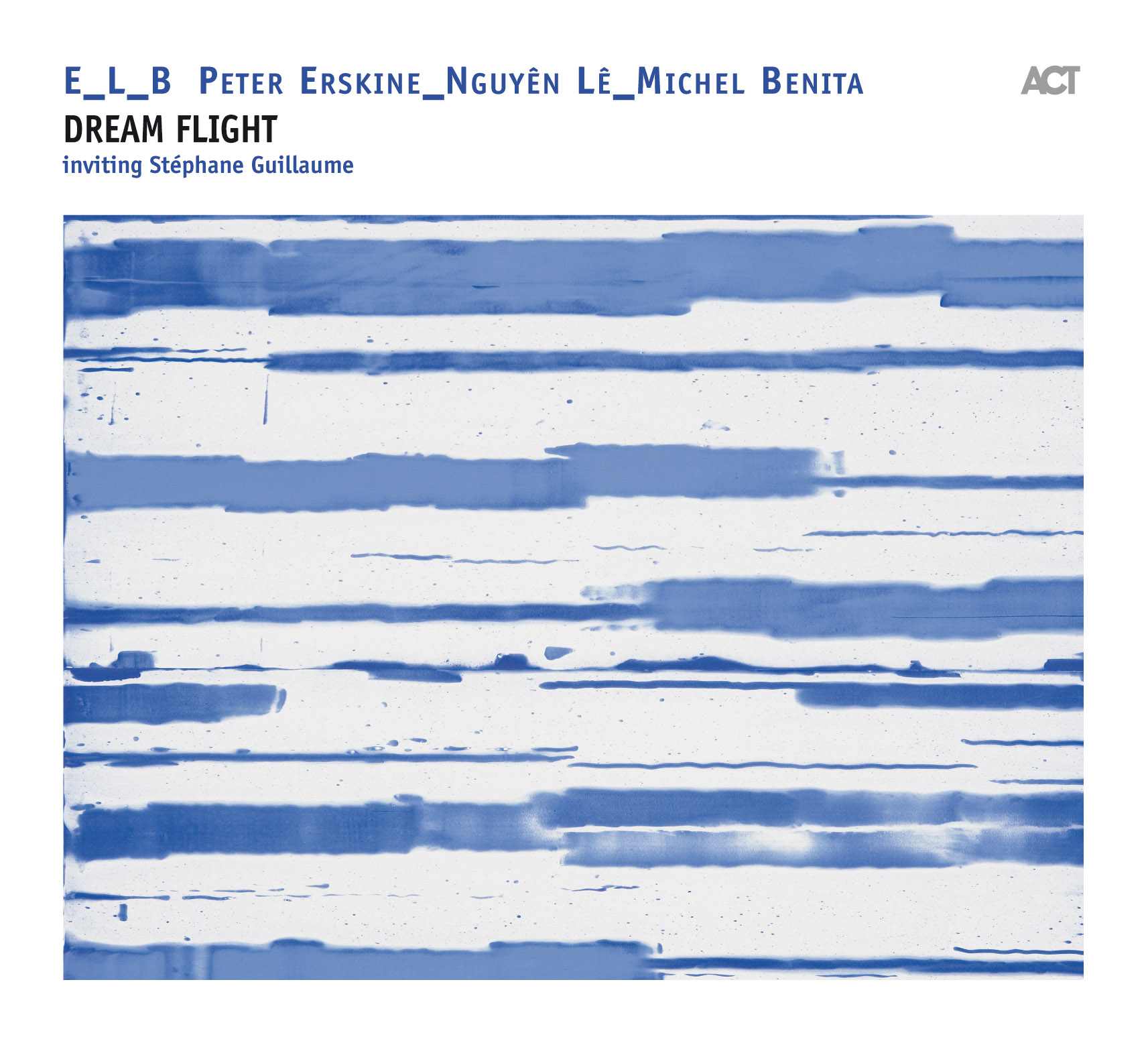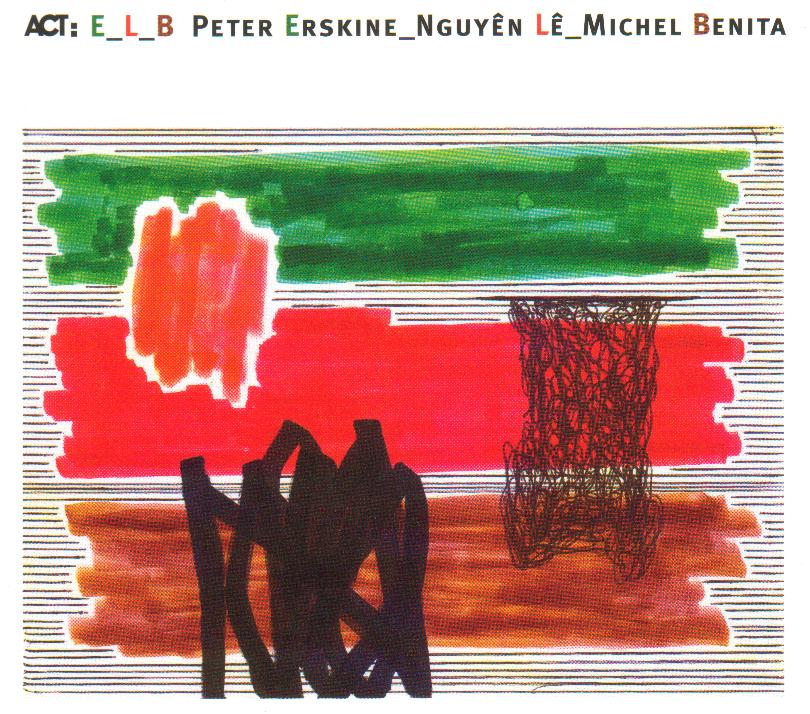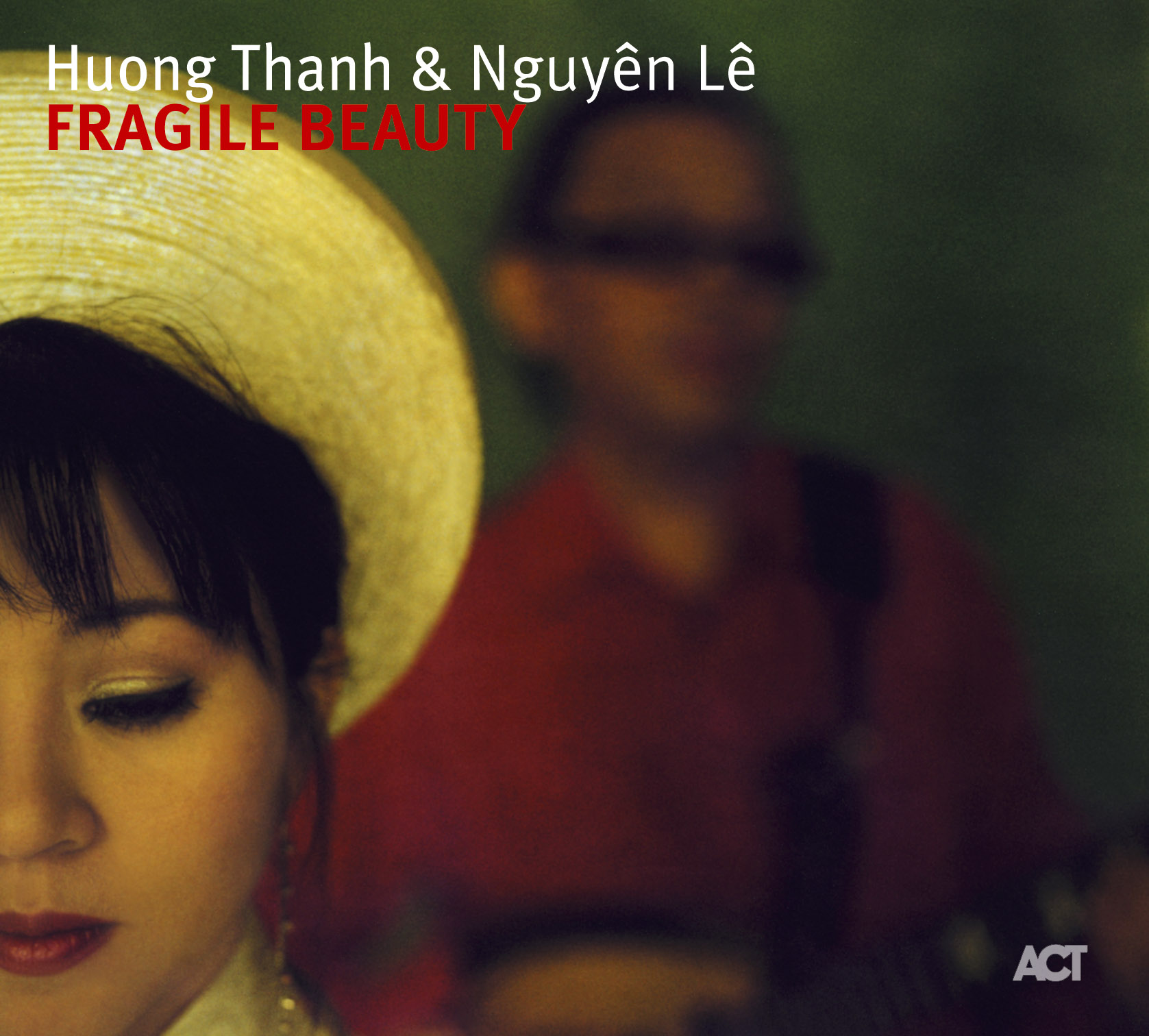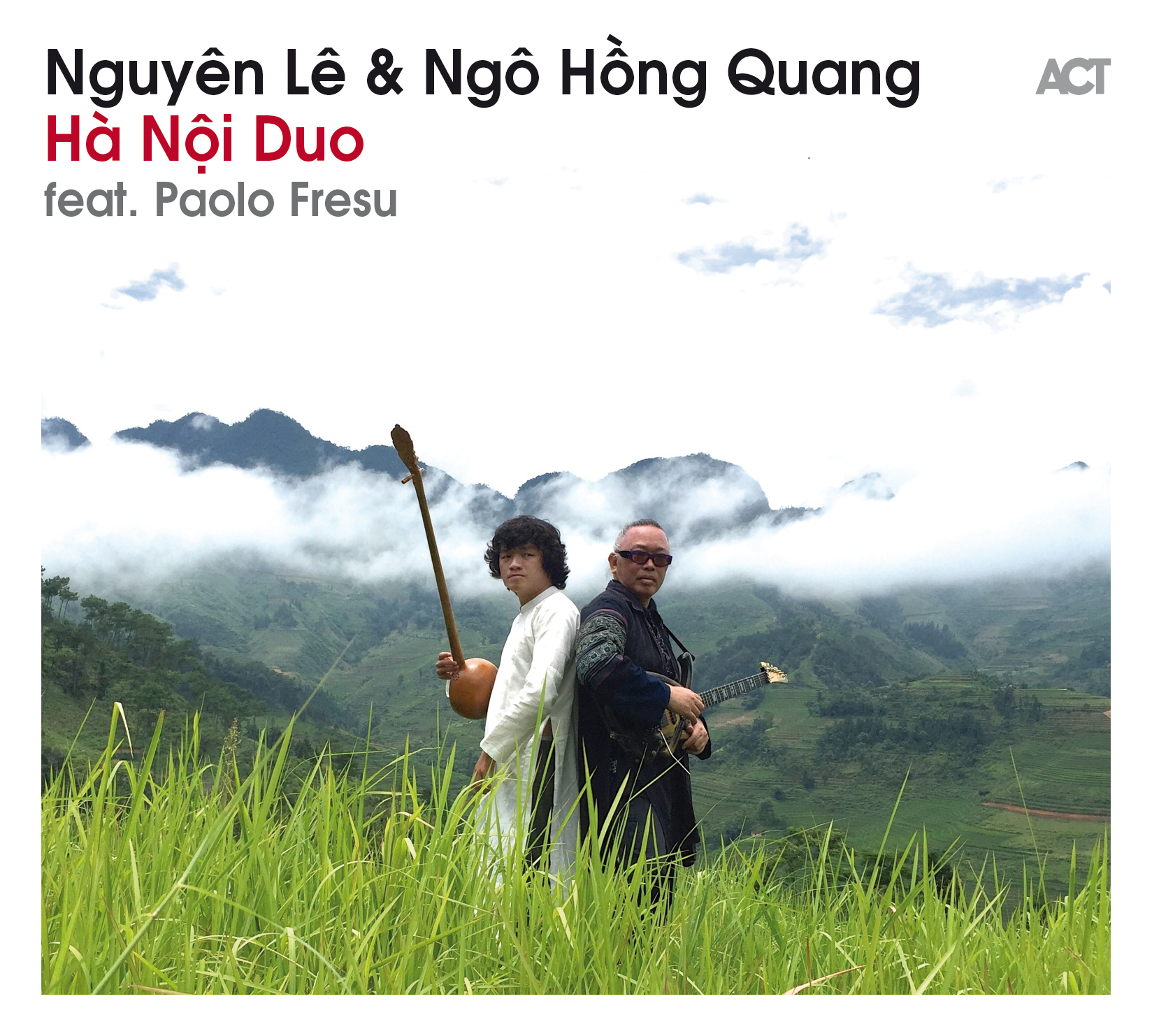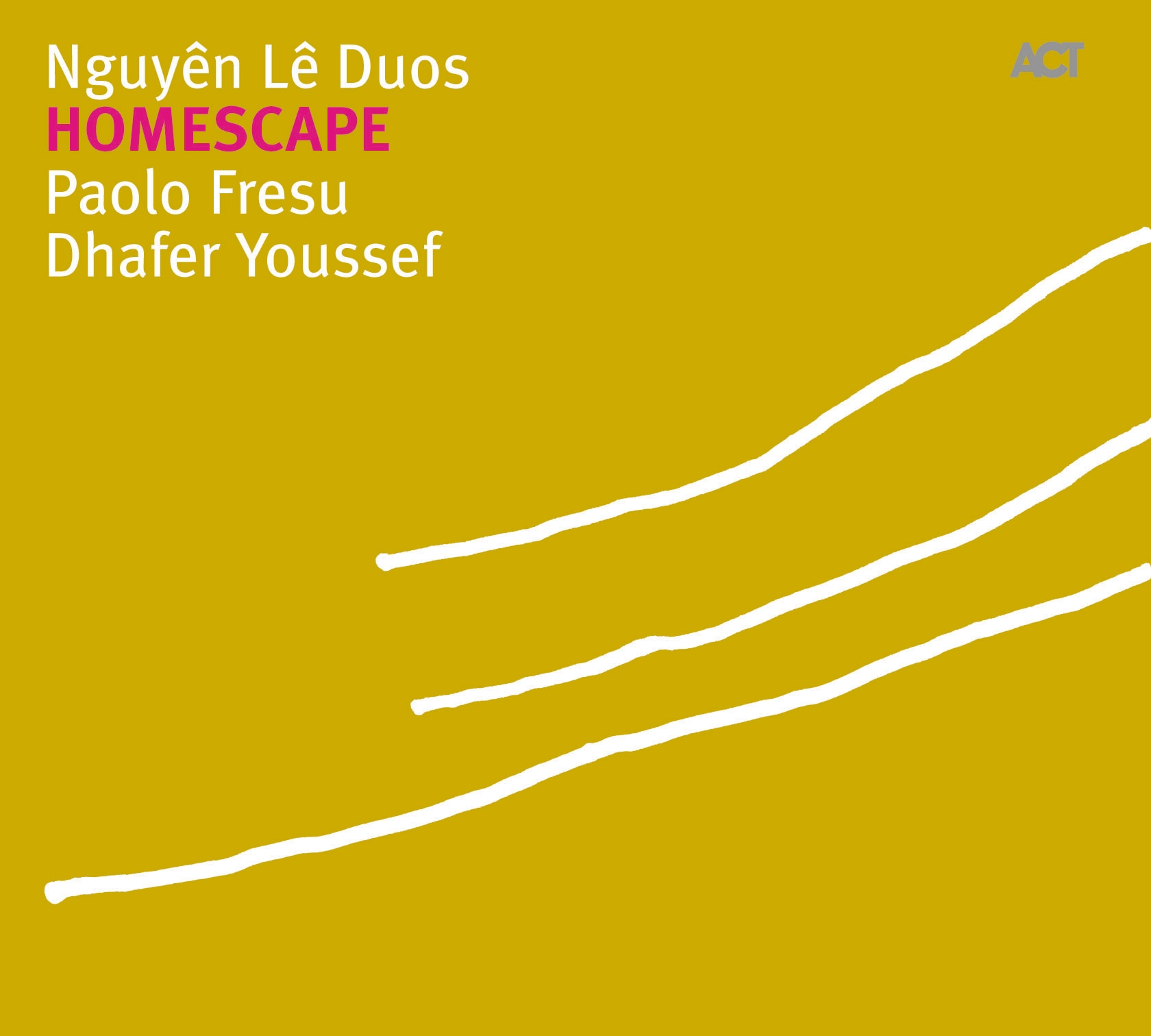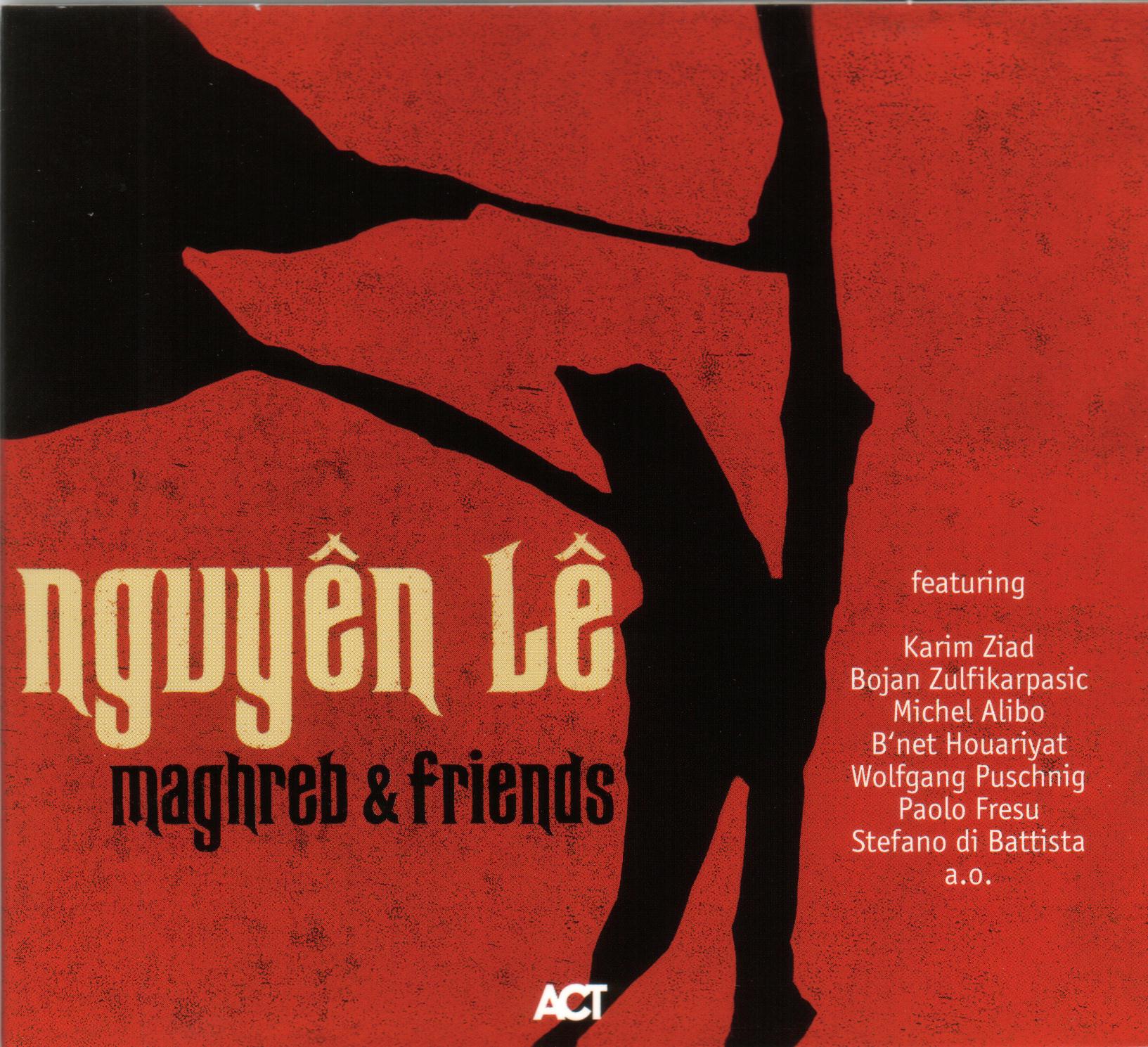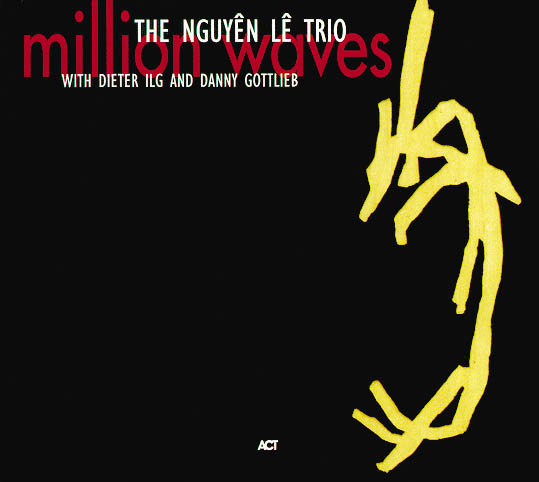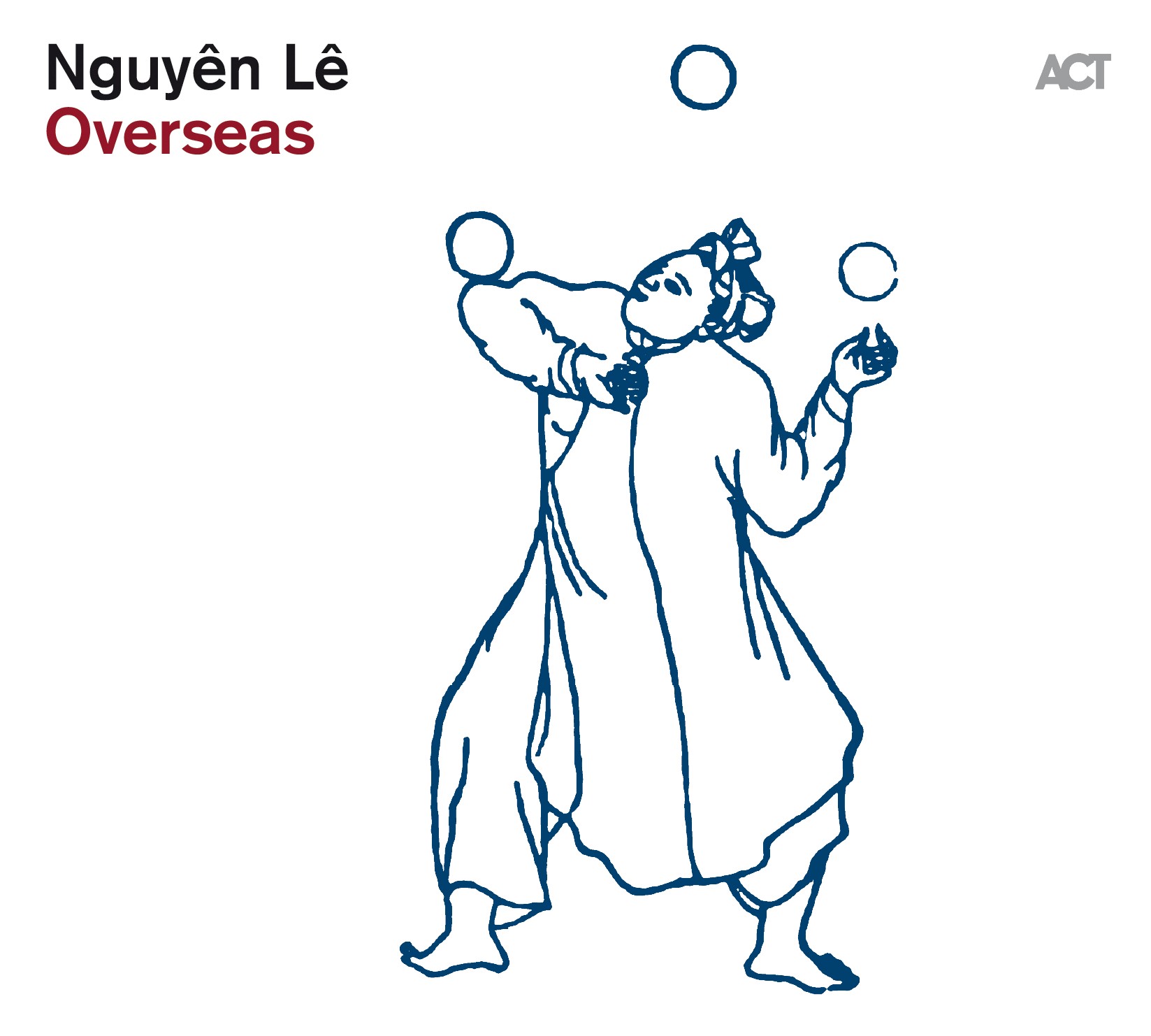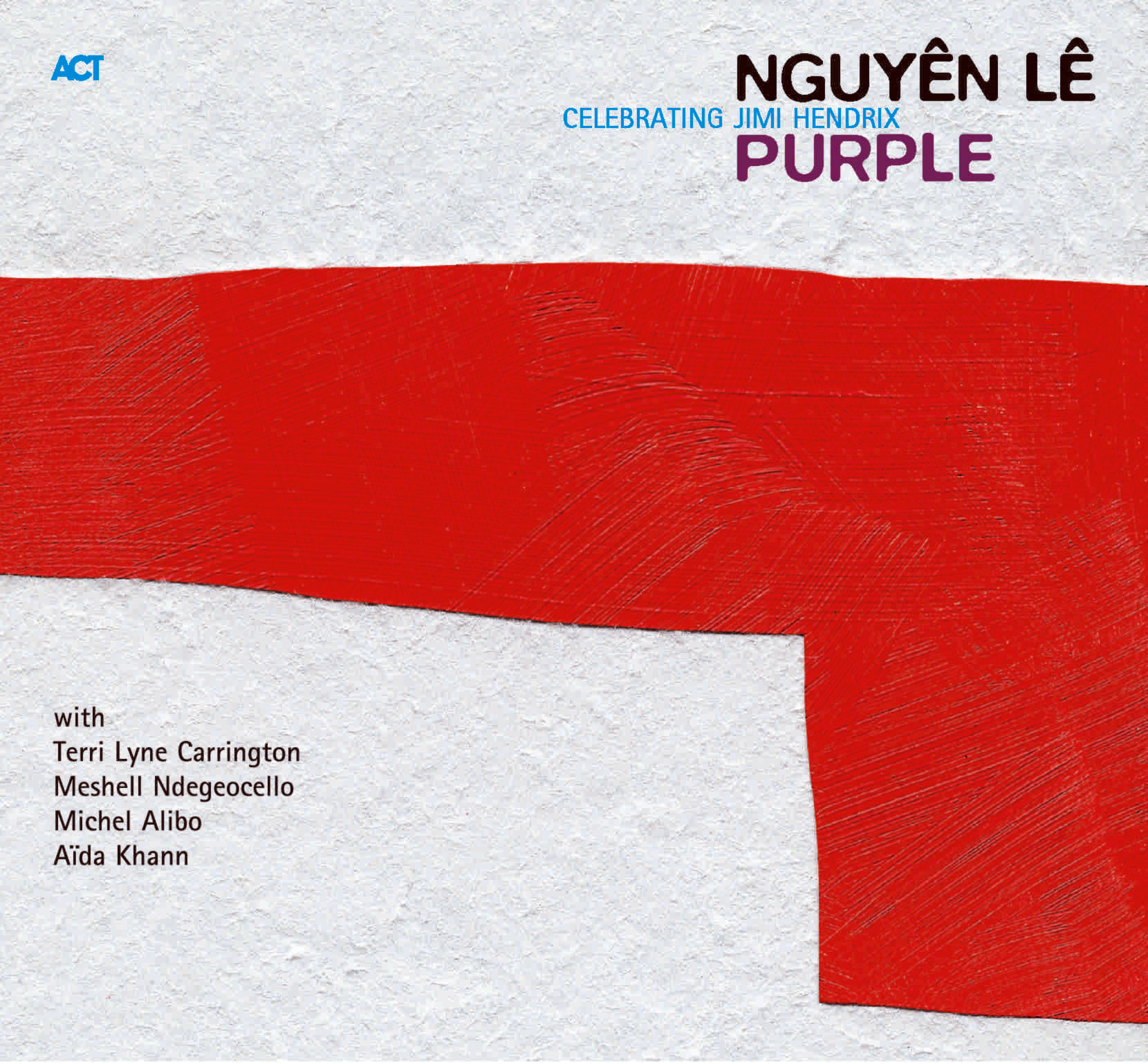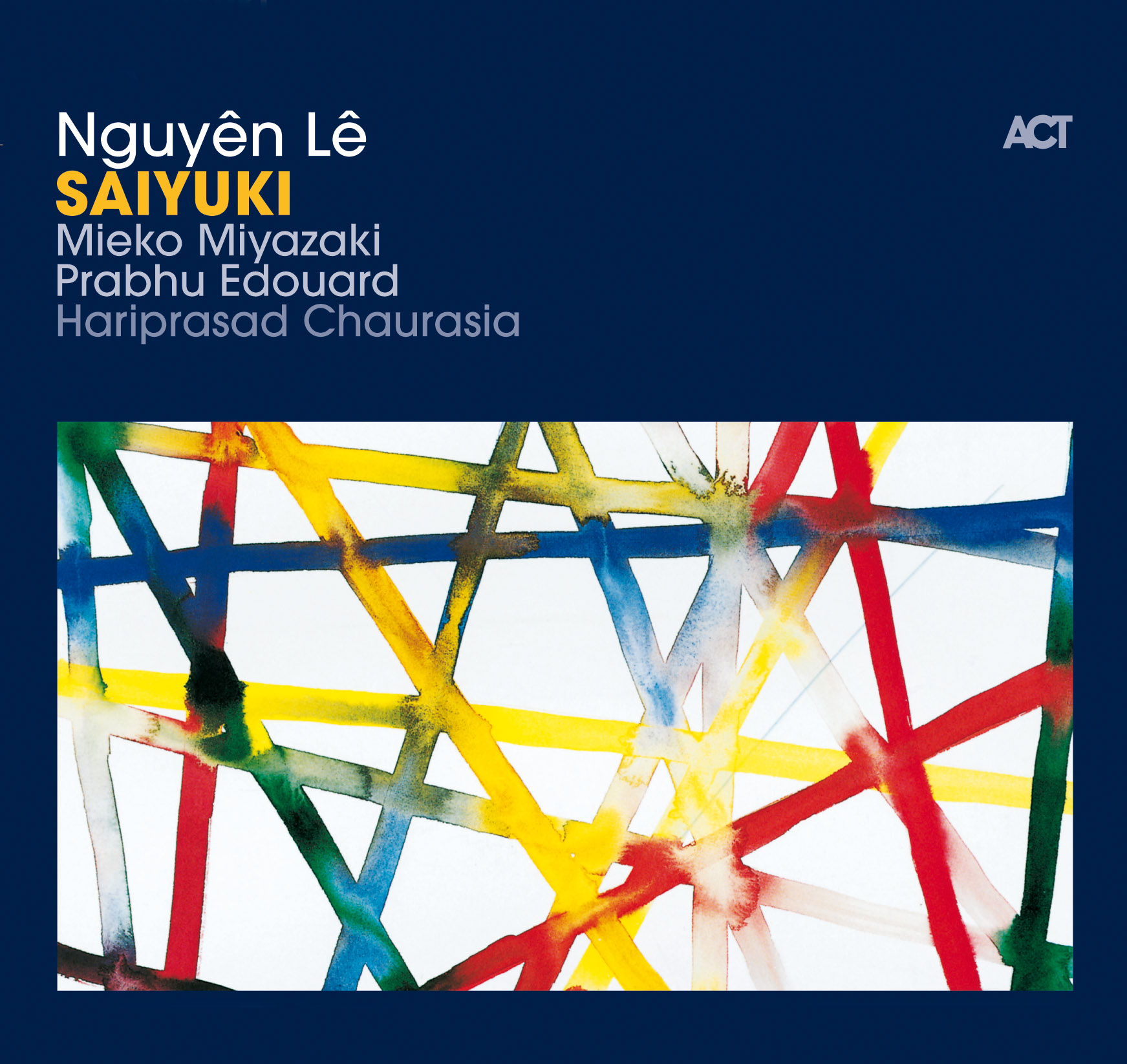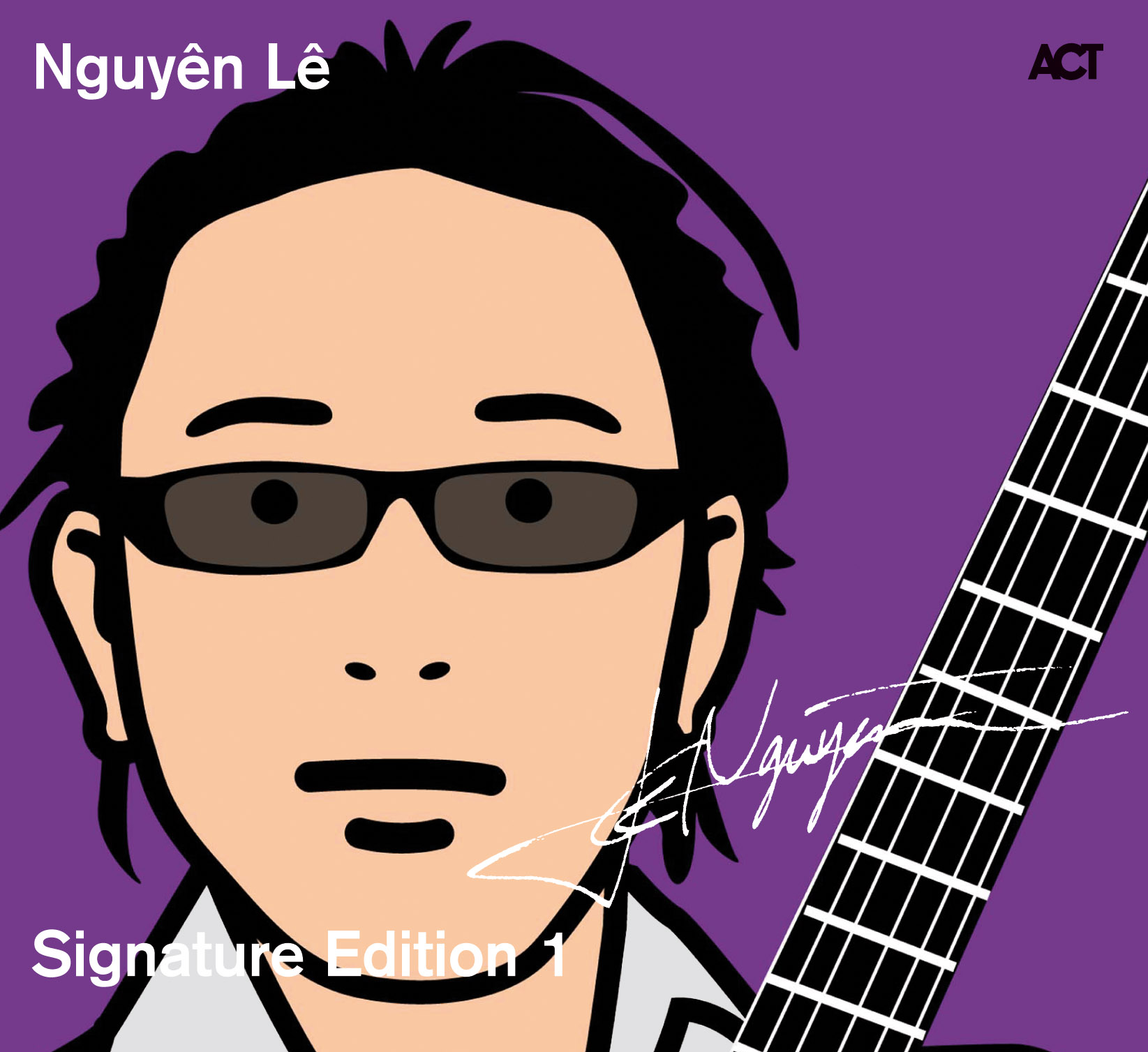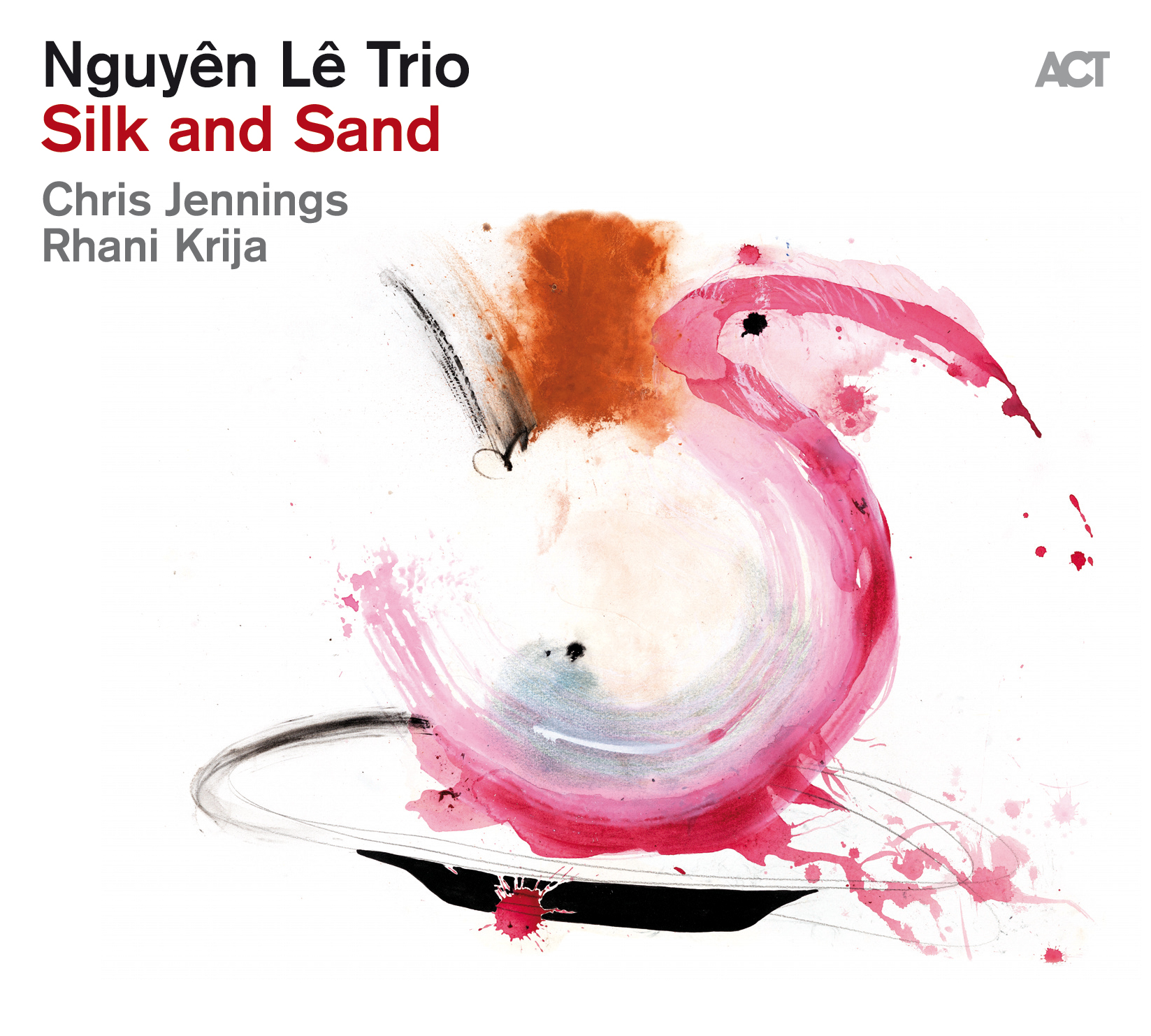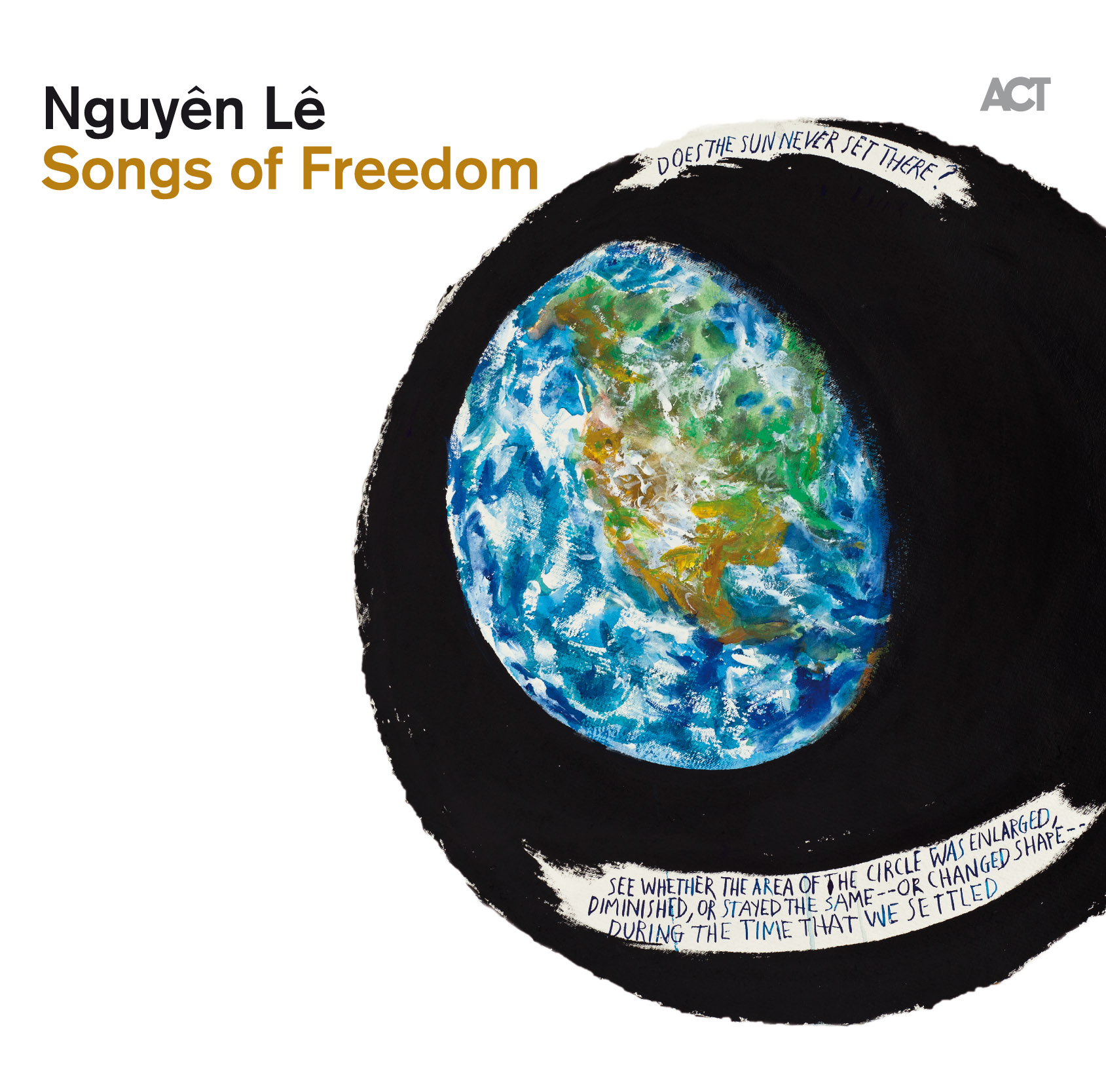Back
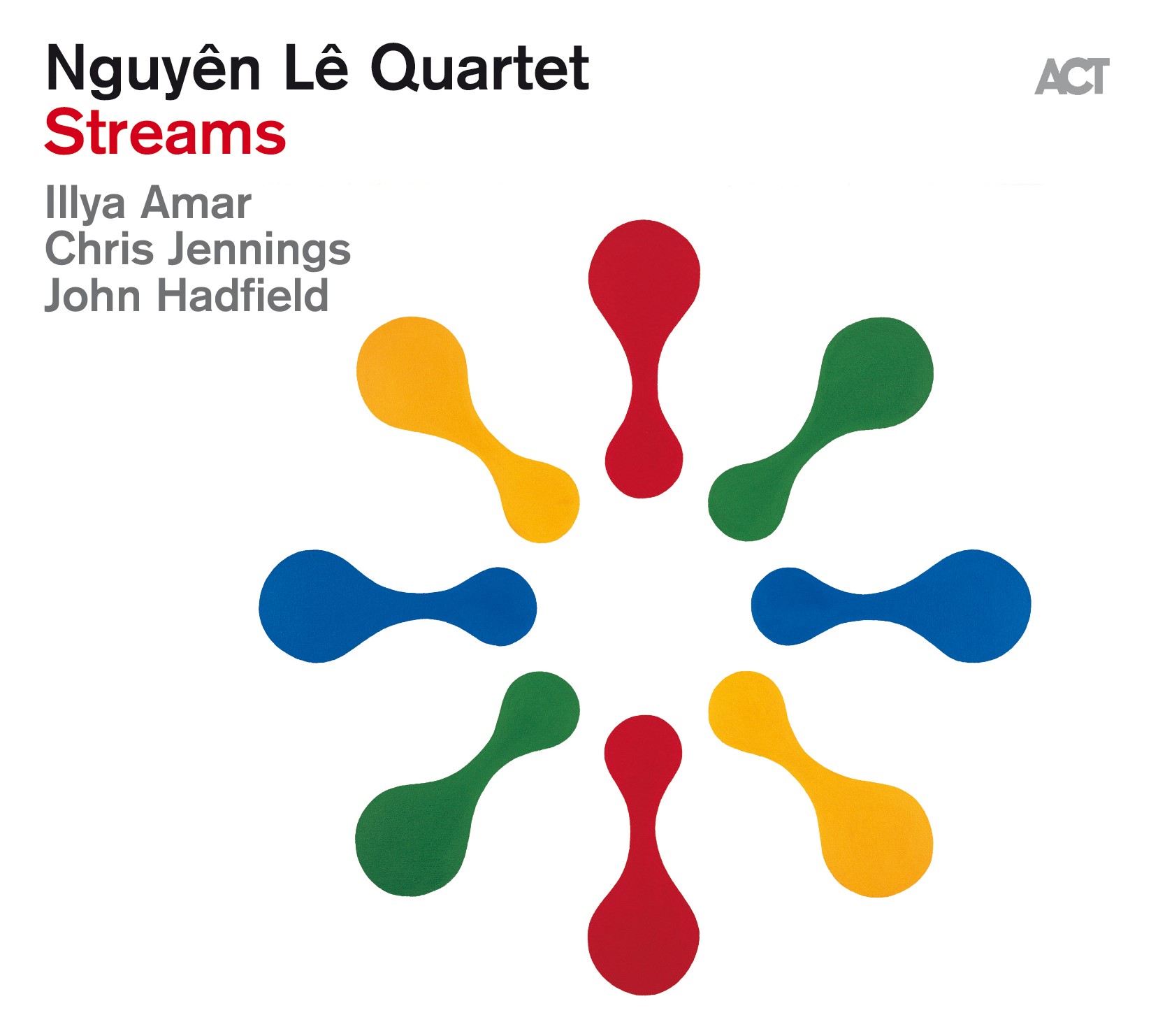
![Streams Streams]()


VÖ: 22.02.2019
Genre: World Jazz
Nguyên Lê / electric guitar & electronics
Illya Amar / vibraphone
Chris Jennings / acoustic bass
John Hadfield / drums & percussion
Illya Amar / vibraphone
Chris Jennings / acoustic bass
John Hadfield / drums & percussion
World jazz in motion. Nguyên Lê's music is in constant change. Since over 30 years the French guitarist with Vietnamese roots combines jazz and worldmusic in a unique fashion. "Streams" continues this tradition, but unlike Lê's recent projects, with a stronger jazz-focus but nevertheless inspired by Indian and North African rhythms, Vietnamese melodies, oriental accents and un-heard, imaginary folk music.
Nguyên Lê
"No one plays guitar like he does," wrote the
Frankfurter Allgemeine Zeitung about Nguyên Lê, the very first exclusive artist
signed by ACT.
Born in 1959 in Paris to Vietnamese parents, he is one of
the most versatile and distinctive guitarists, with influences ranging far
beyond jazz, including Asian music, modern jazz, fusion, and classic rock.
€17.50*
€17.50*
€17.50*
€17.50*
€12.90*
€17.50*
